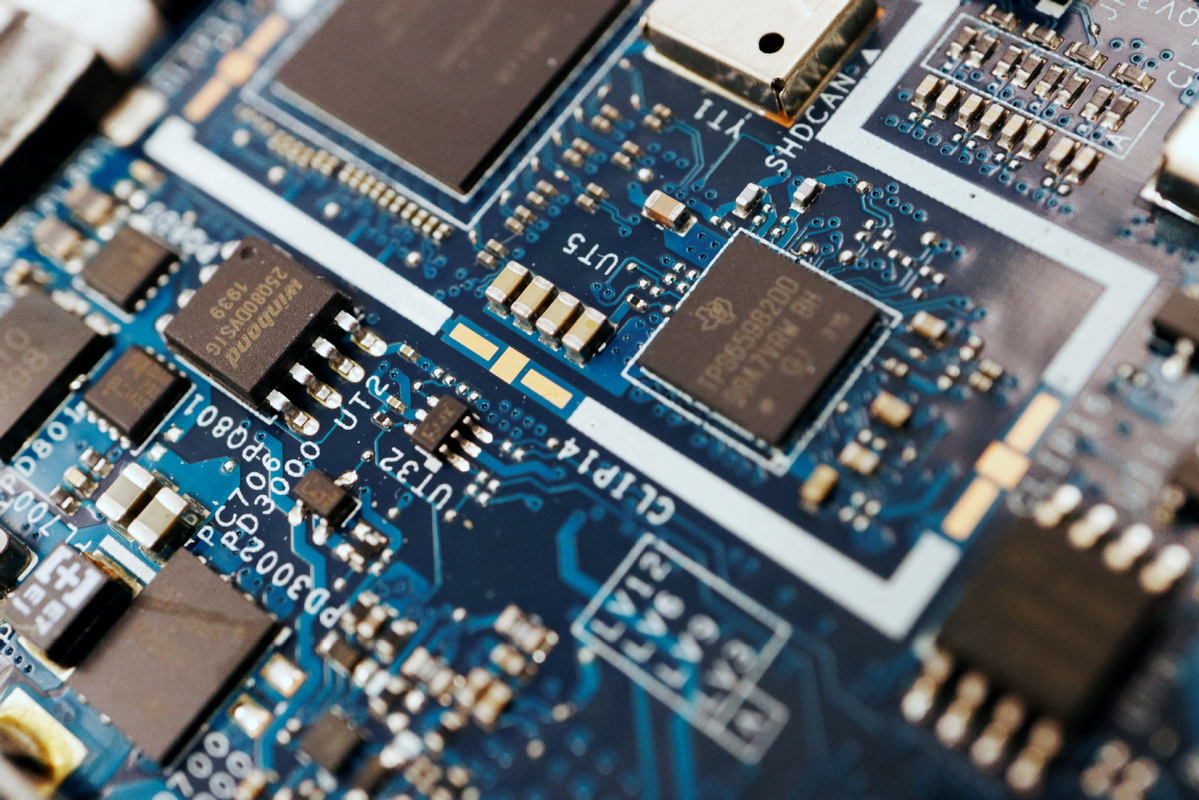TSMC's dilemma shows 'chip war' has no winner


In his latest interview with The New York Times, TSMC chairman Mark Liu admitted that his company's unit that moved to the United States had encountered problems, such as higher construction costs and rifts between TSMC and local workers. He also said he had told the US government "that it needed to offer American companies incentives, beyond the $52 billion in subsidies in the CHIPS Act, to buy American-made chips".
When reports about TSMC moving its plant to Arizona under US pressure surfaced in late 2022, analysts said it might encounter higher costs and cultural gaps. Soon after, Taiwan engineers who were relocating to the US complained on social networking sites about discrimination from their colleagues in the US. However, the US, which calls itself the beacon of racial equality, did nothing about it.
That is because, for the US, TSMC is nothing more than a mere tool in its greater design to tighten its hold on the global semiconductor industry. Grasping the global situation will explain the US' ambitions better. The island of Taiwan will one day be reunified with the motherland, and when that happens the semiconductor industry on the two sides of the Taiwan Strait will also be reunified. The reason why the US pressurized TSMC to move to Arizona must be seen in this context. Clearly, the idea is to ensure the US continues to strangle China's semiconductor industry.
TSMC is more like a hostage held by the US in its plan of killing China's high-tech industry. So the target of the US' technological bullying is China, and TSMC is a mere hostage whose interests are the least of the US' concerns.
Liu said that TSMC's roots remain in Taiwan even though it has gone global. It would be more apt to say that TSMC's roots are in China. Wherever it establishes branches, China's semiconductor industry will serve as its vast market and resource support.































